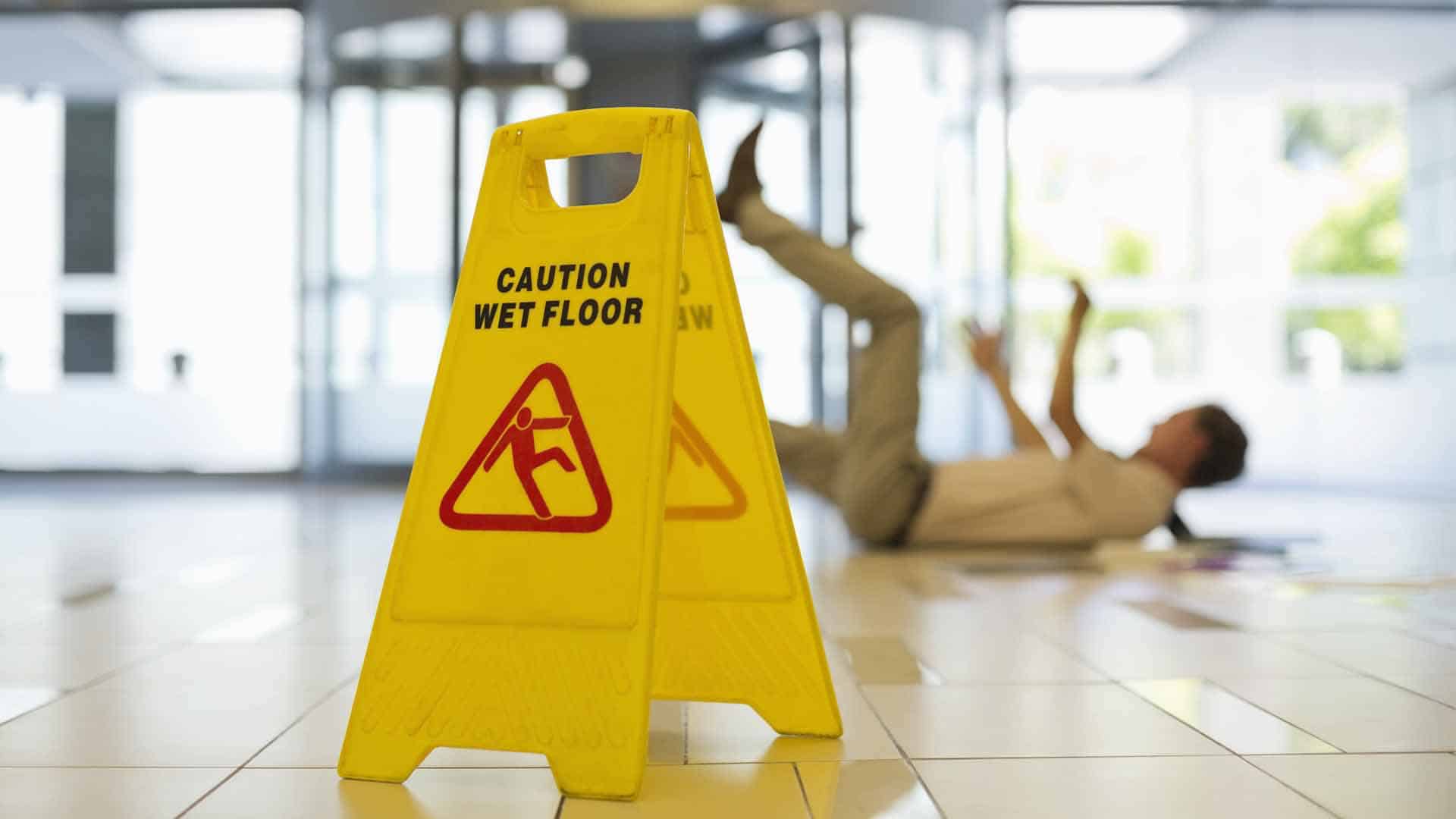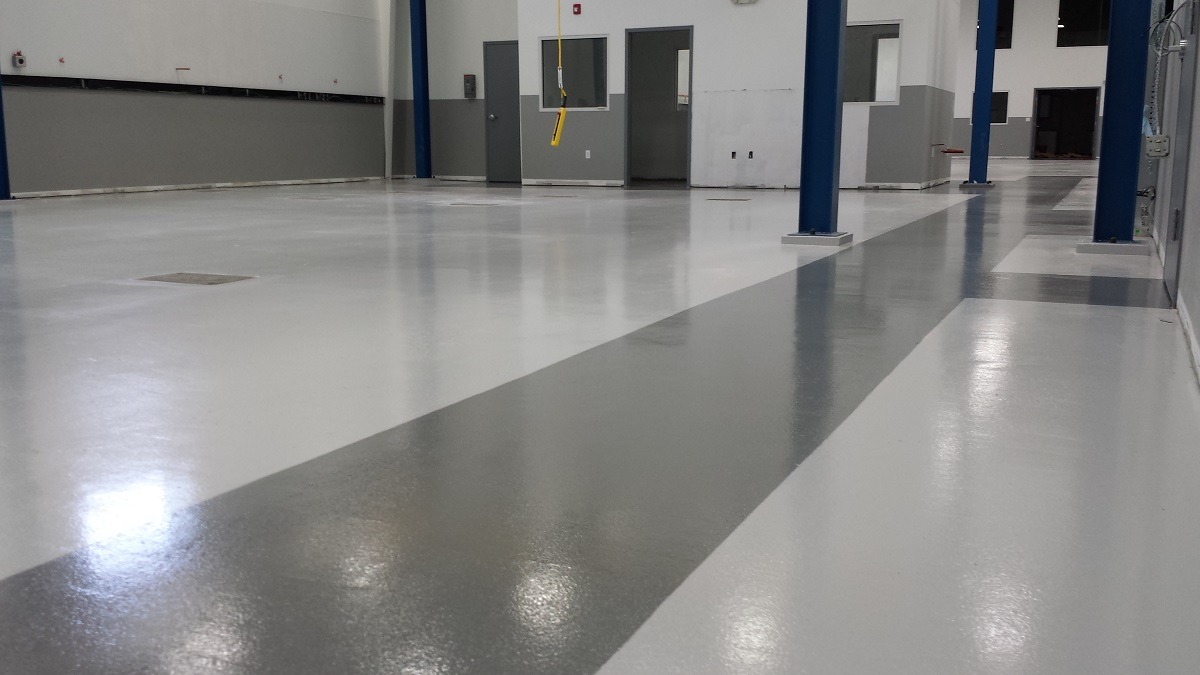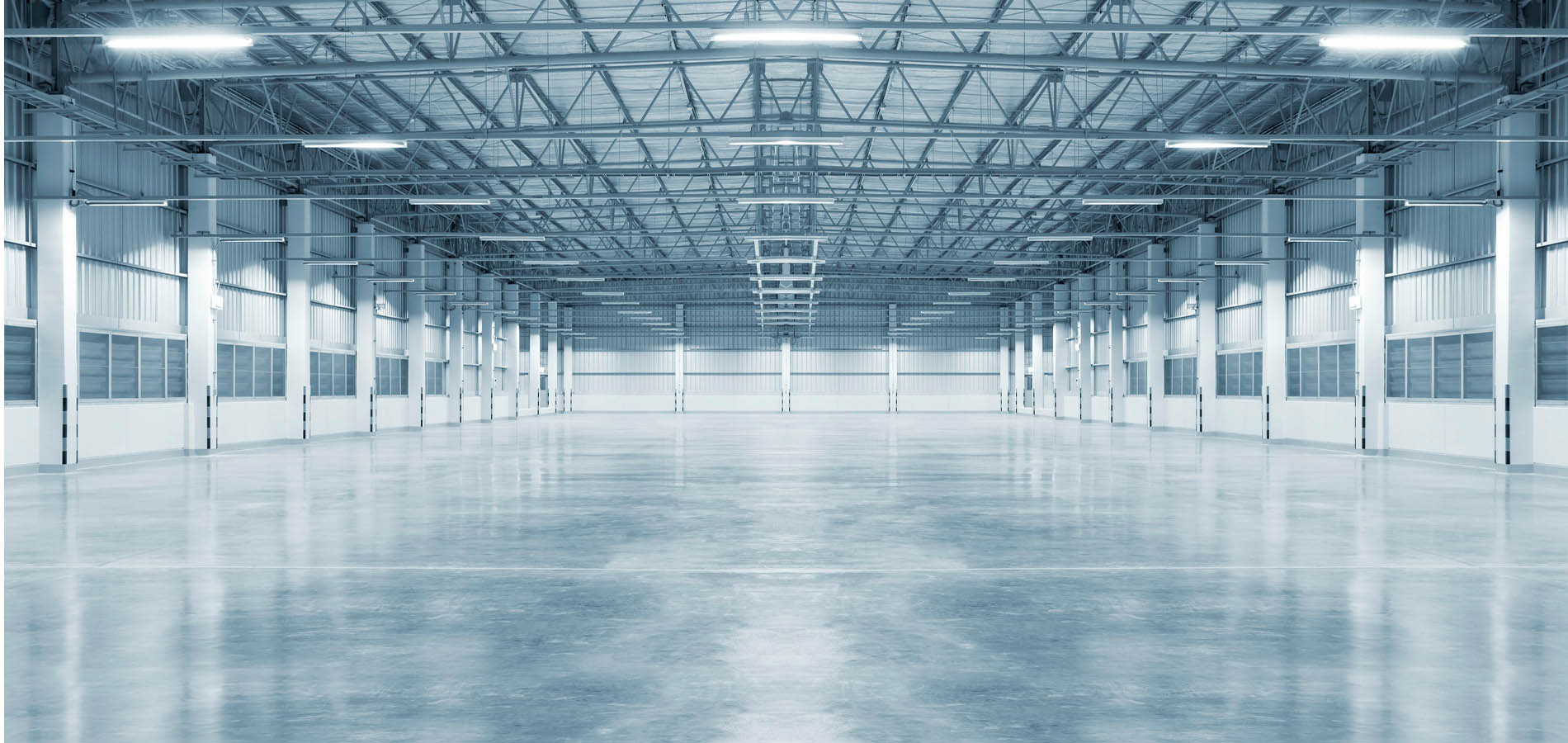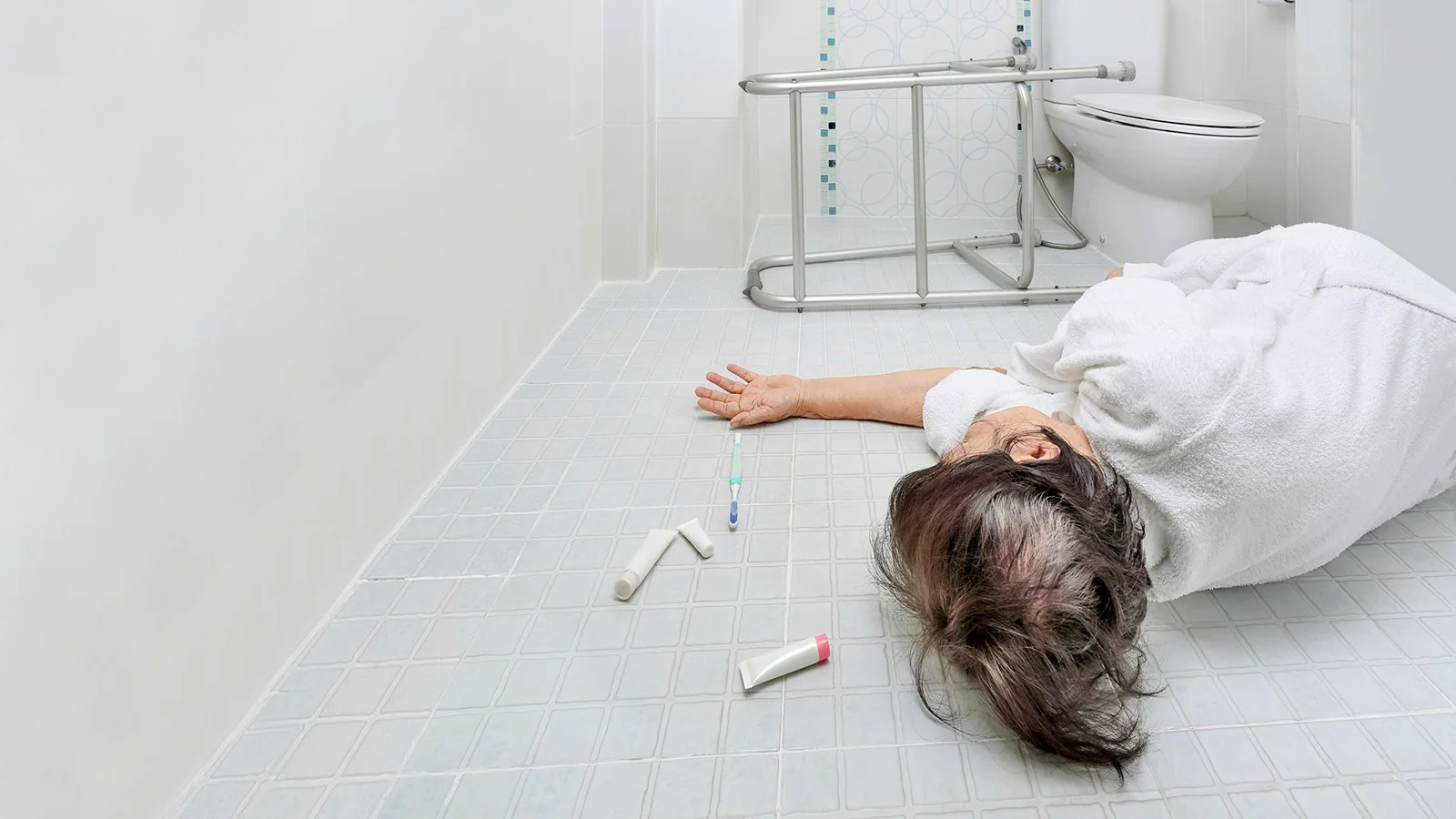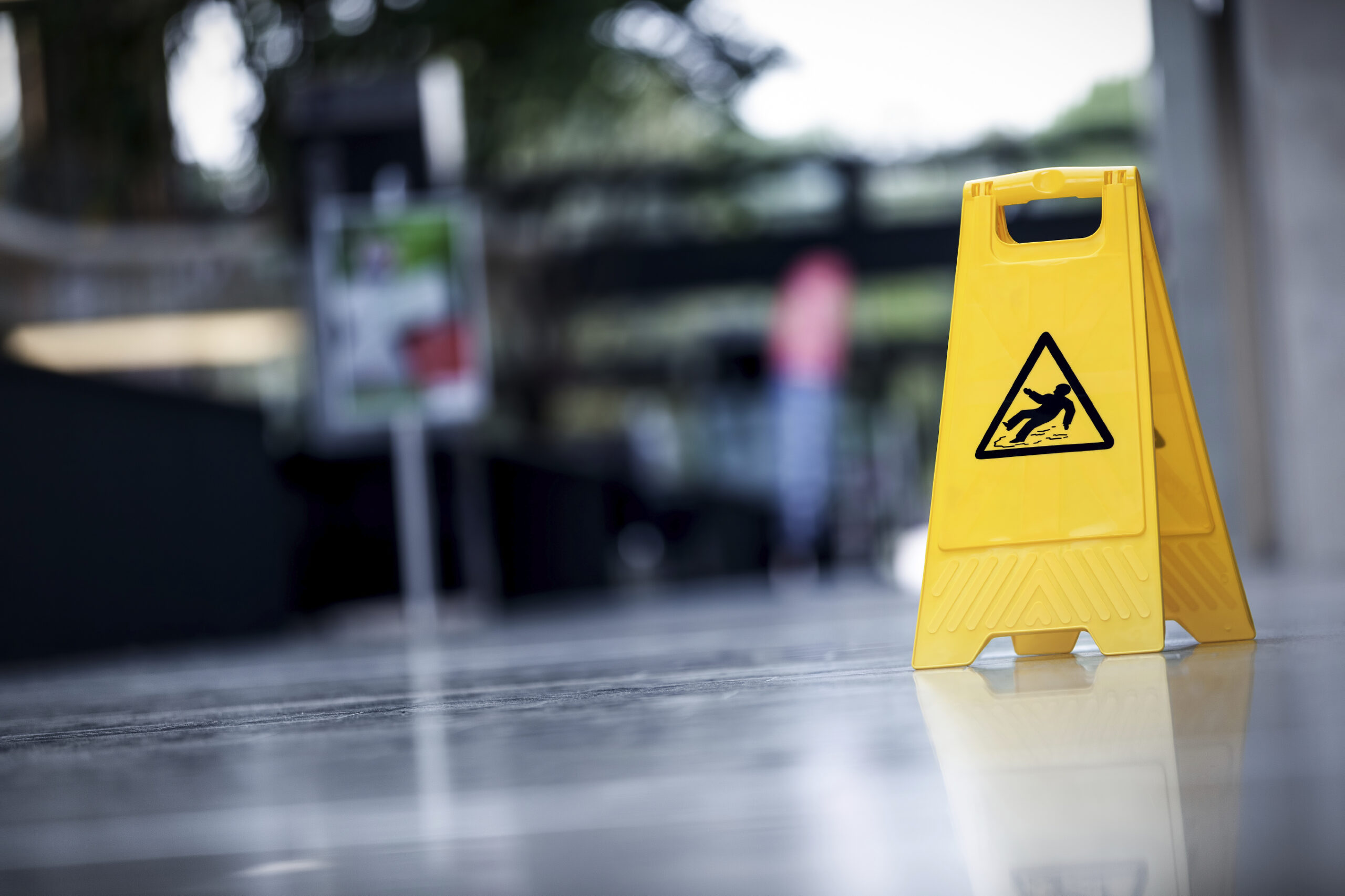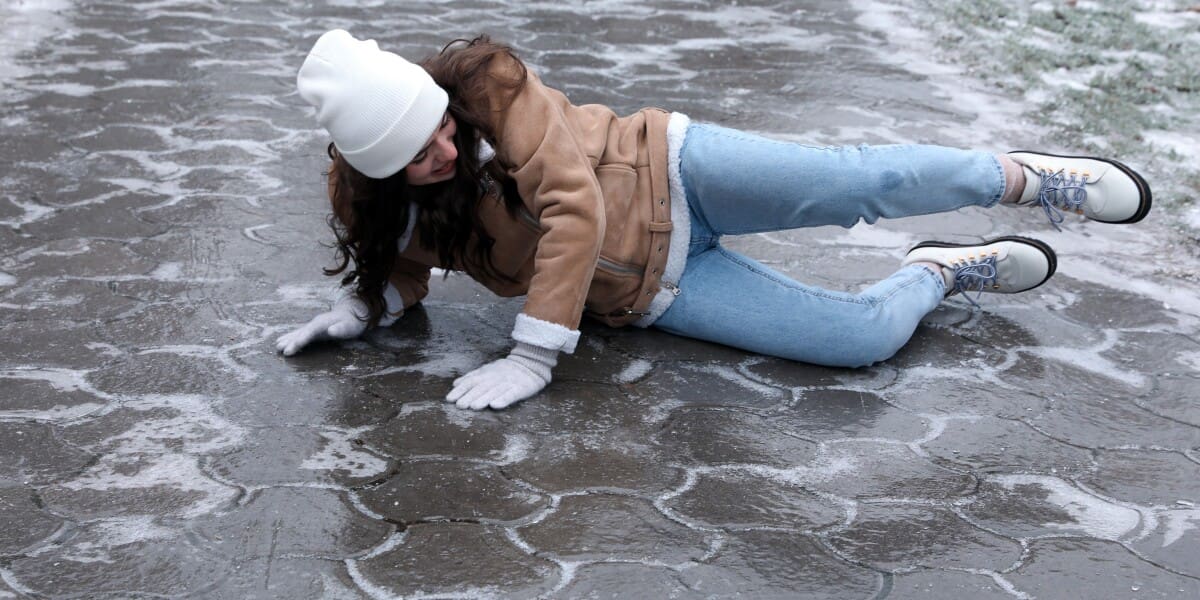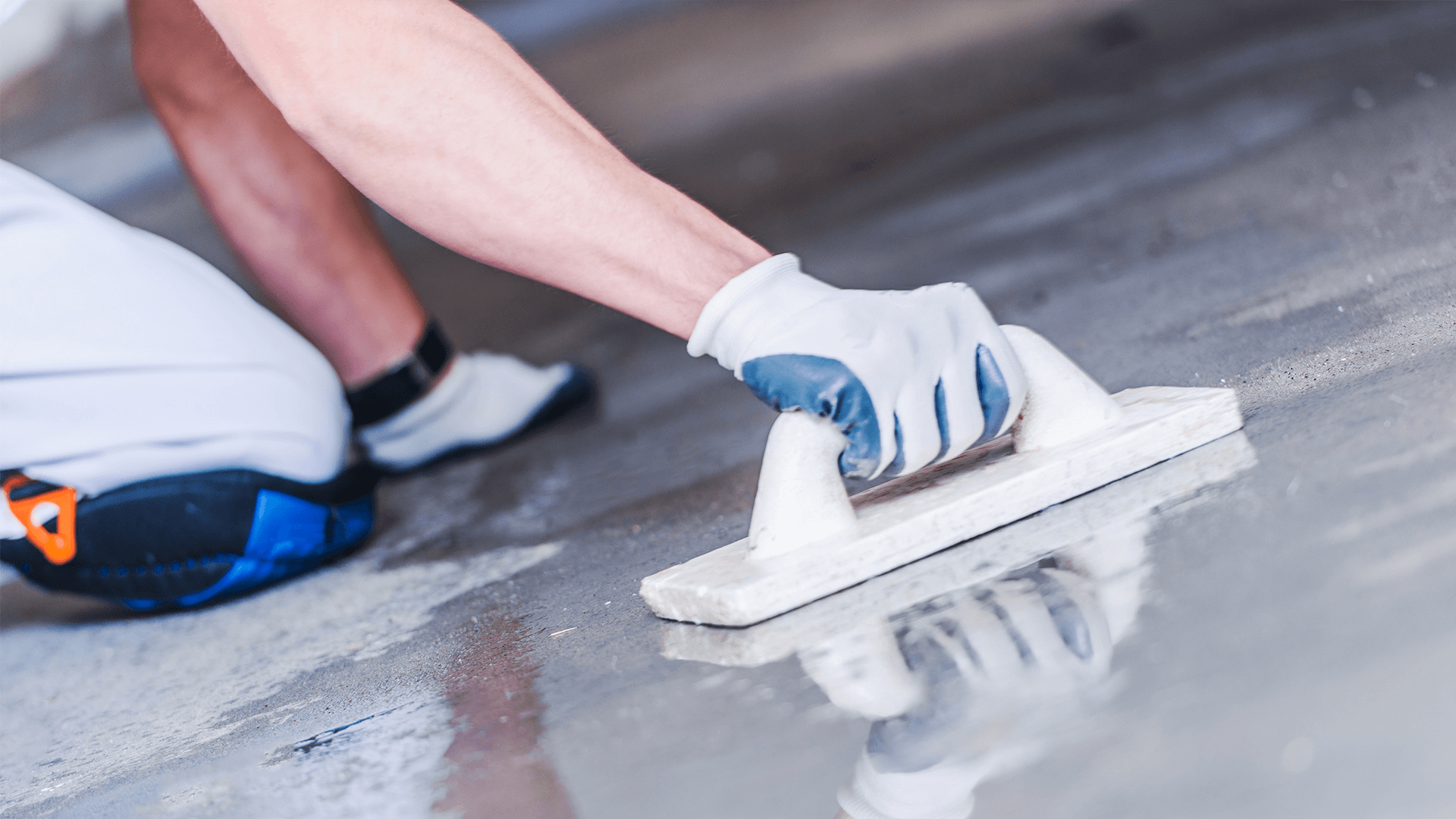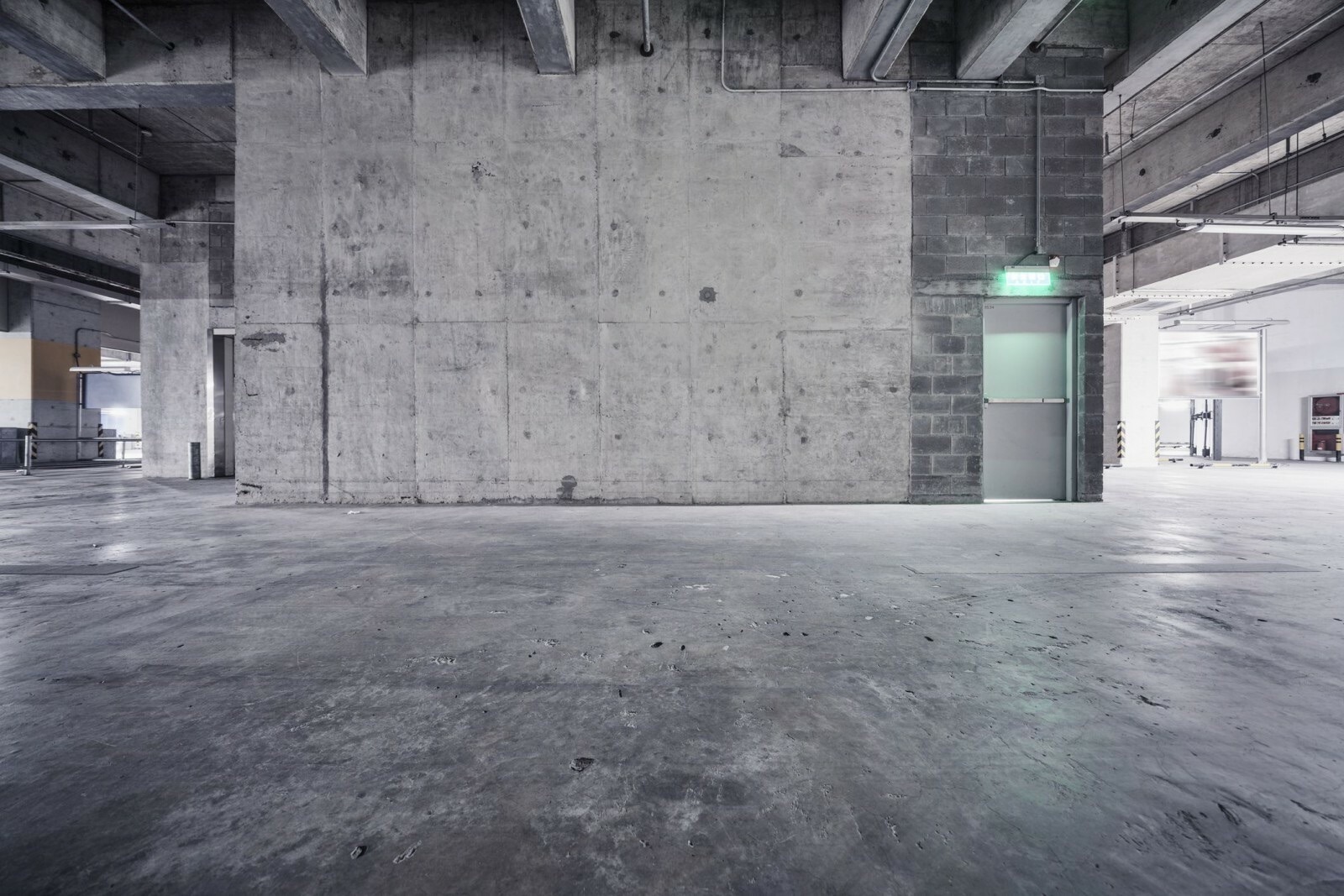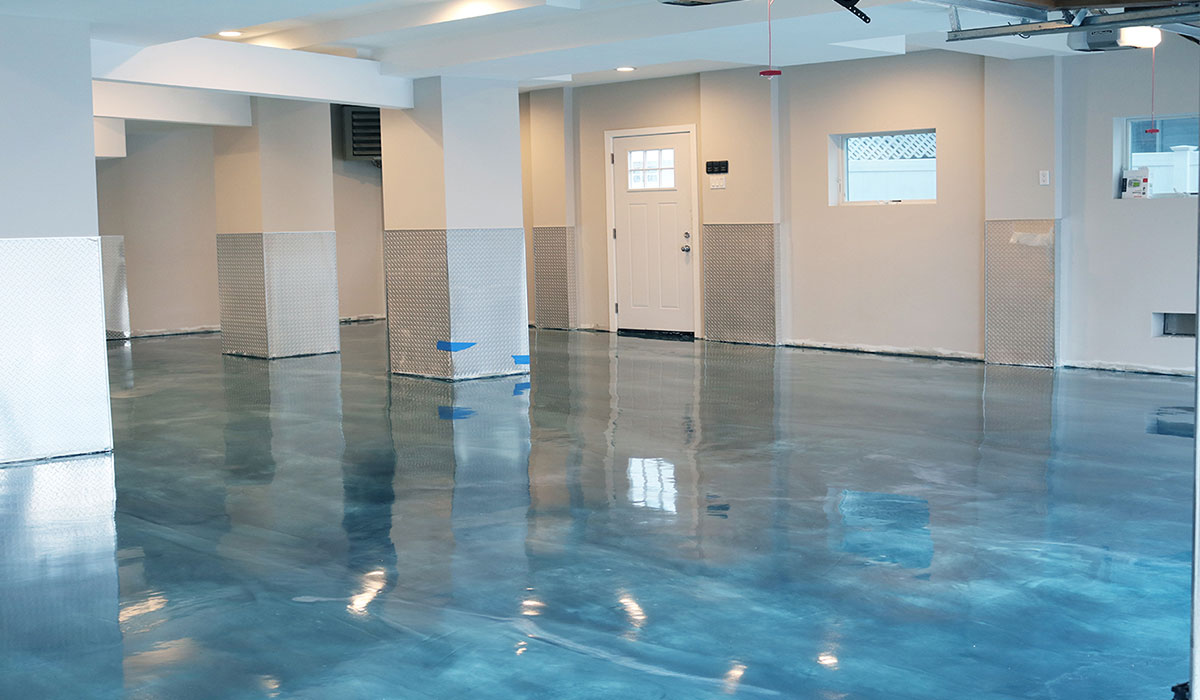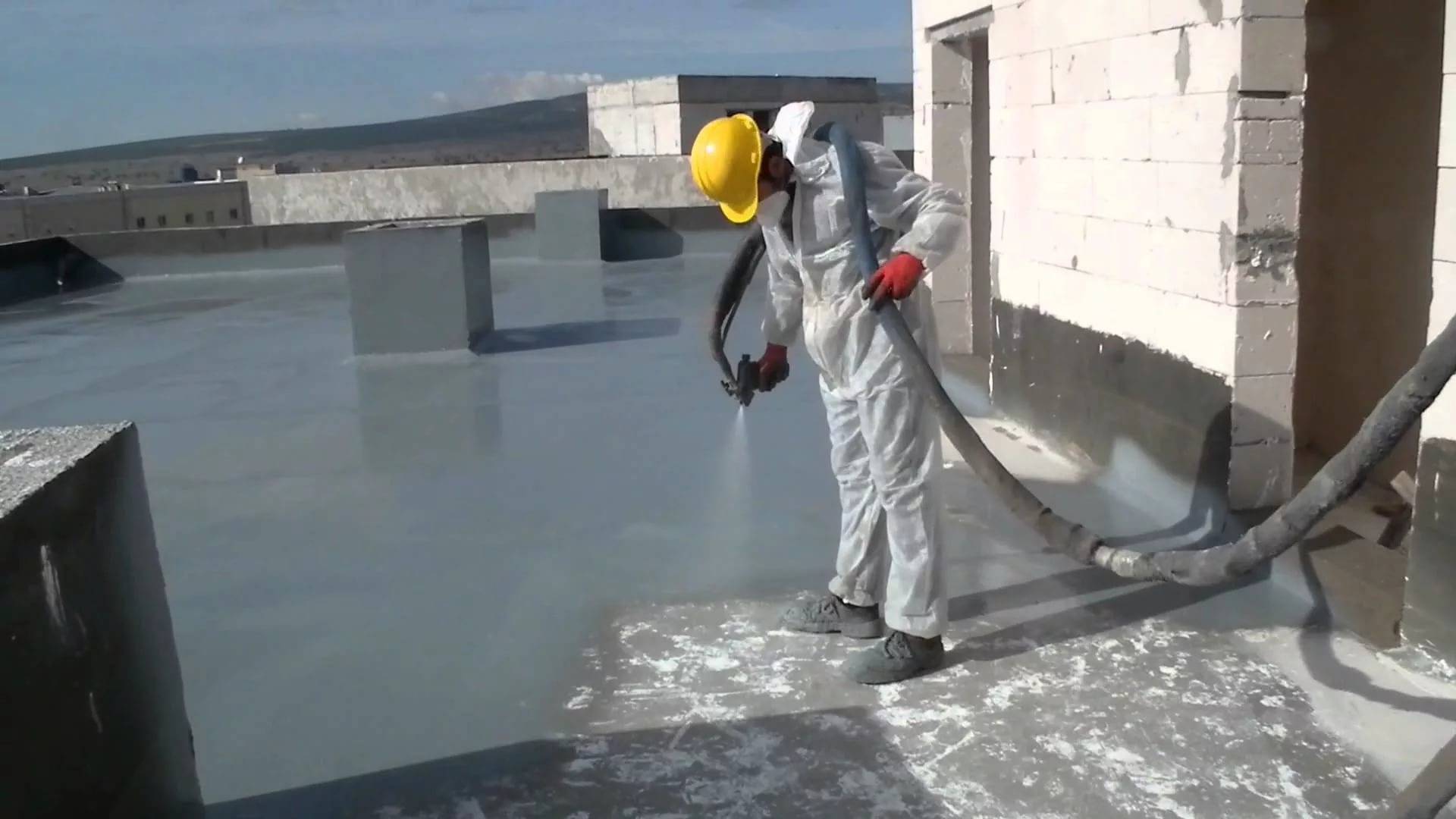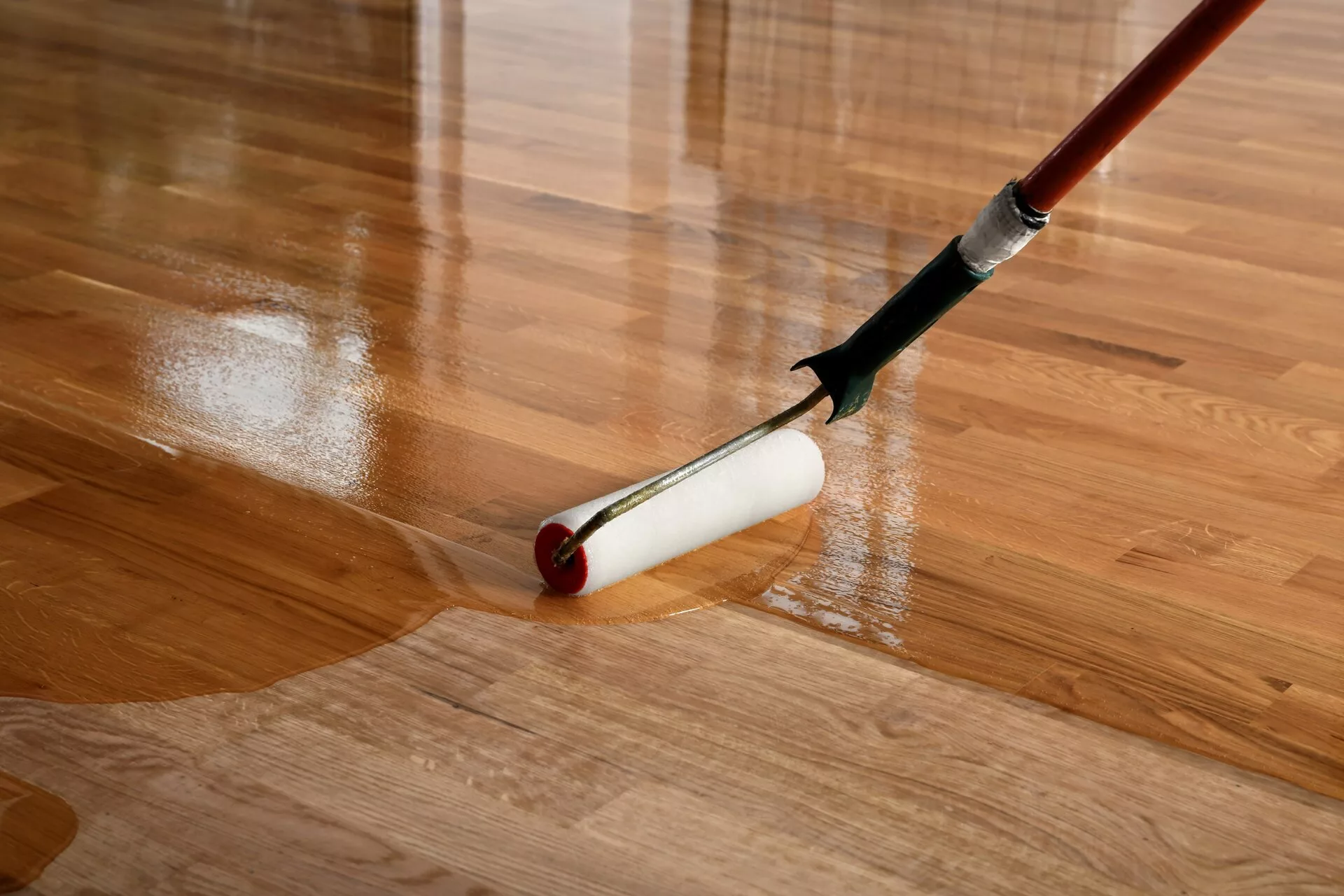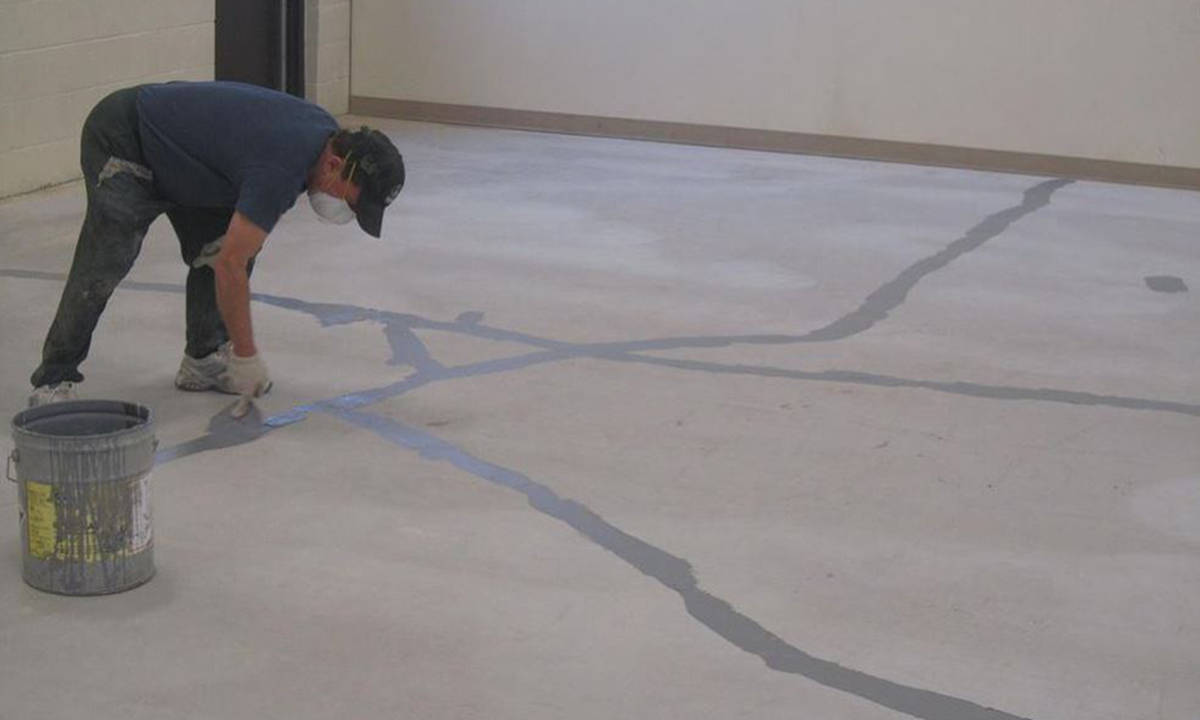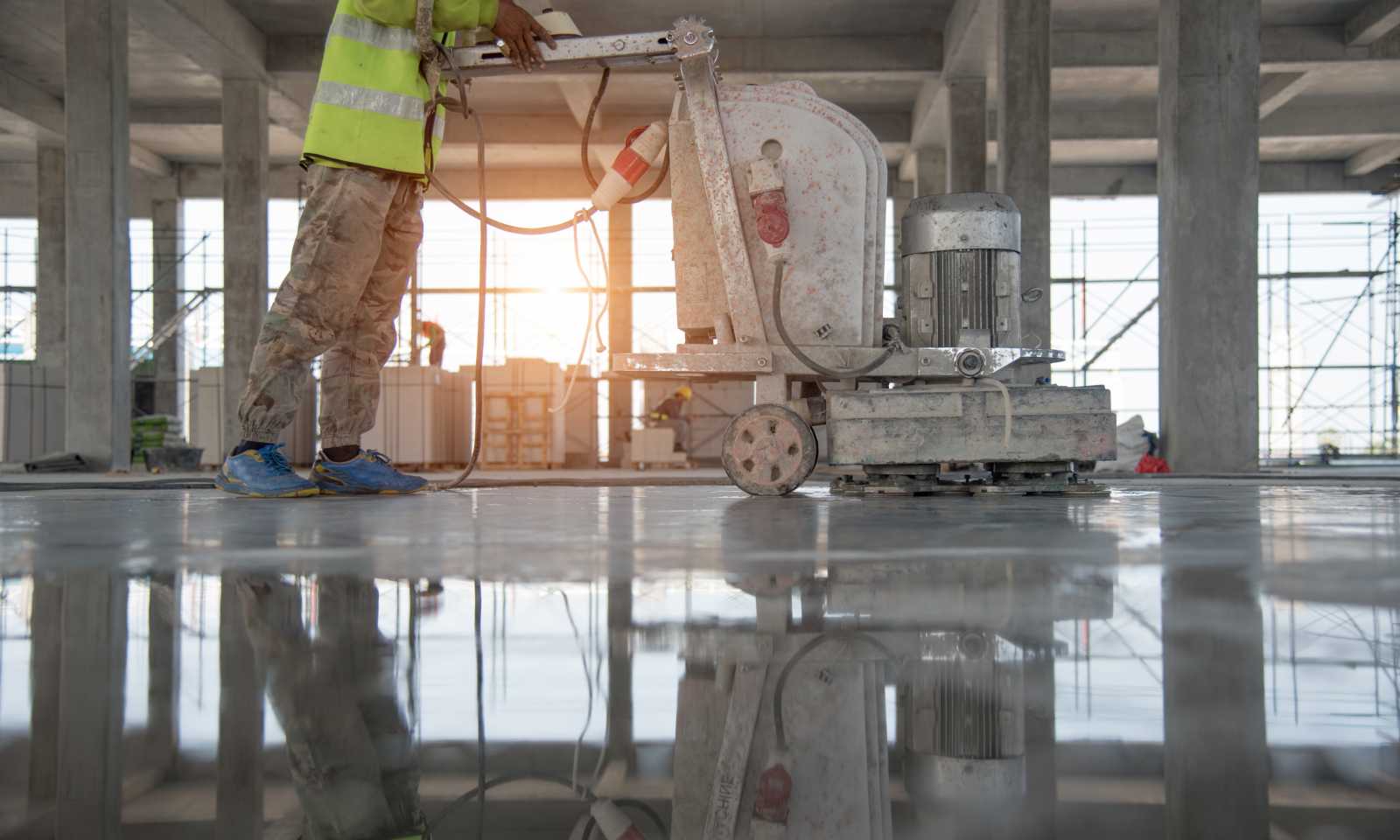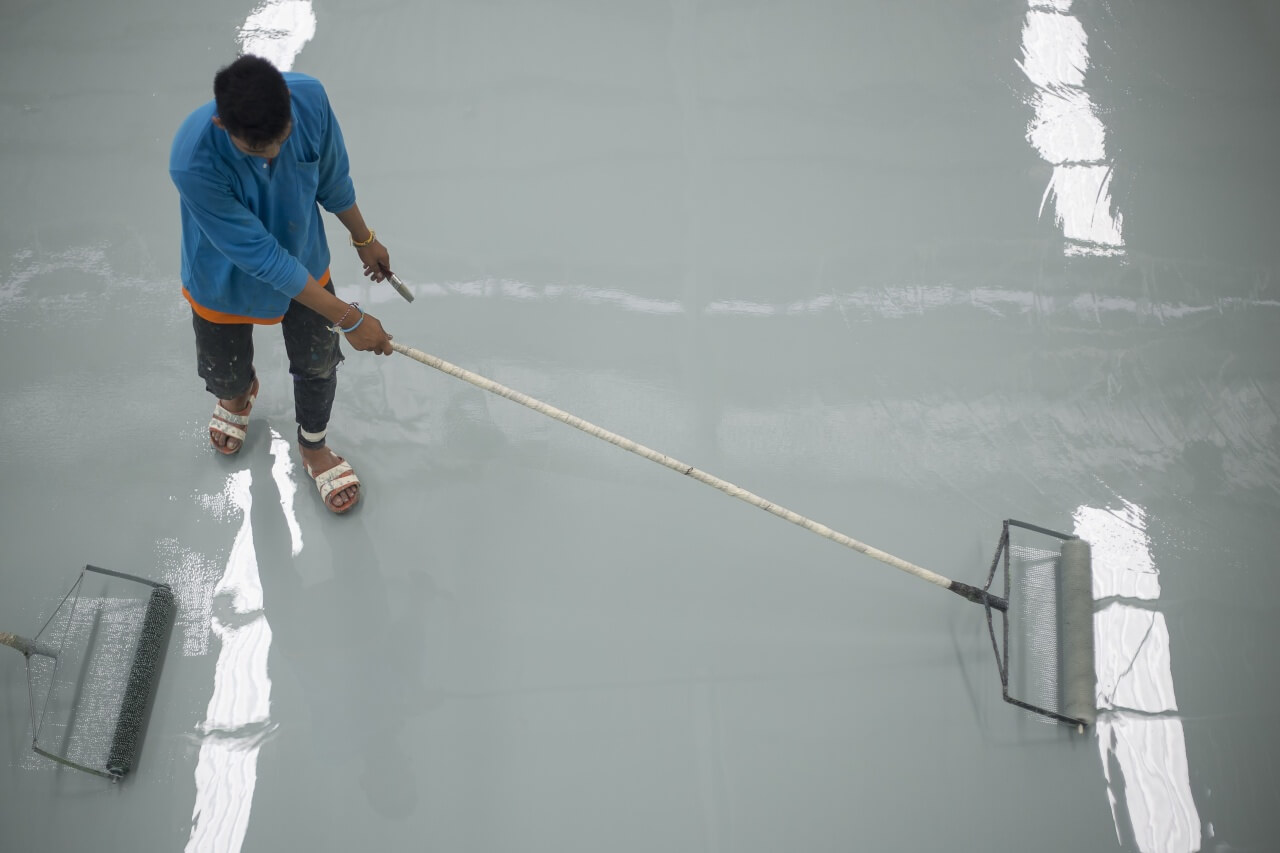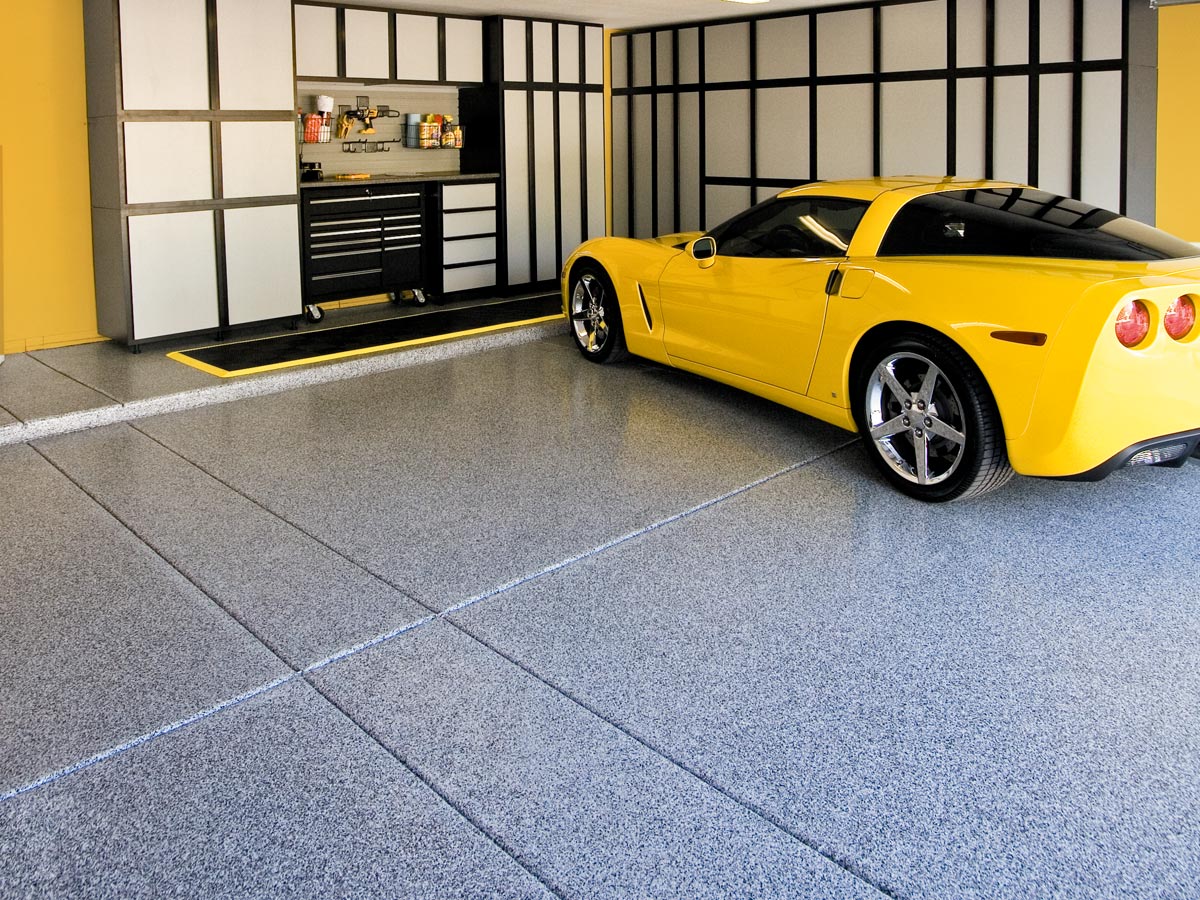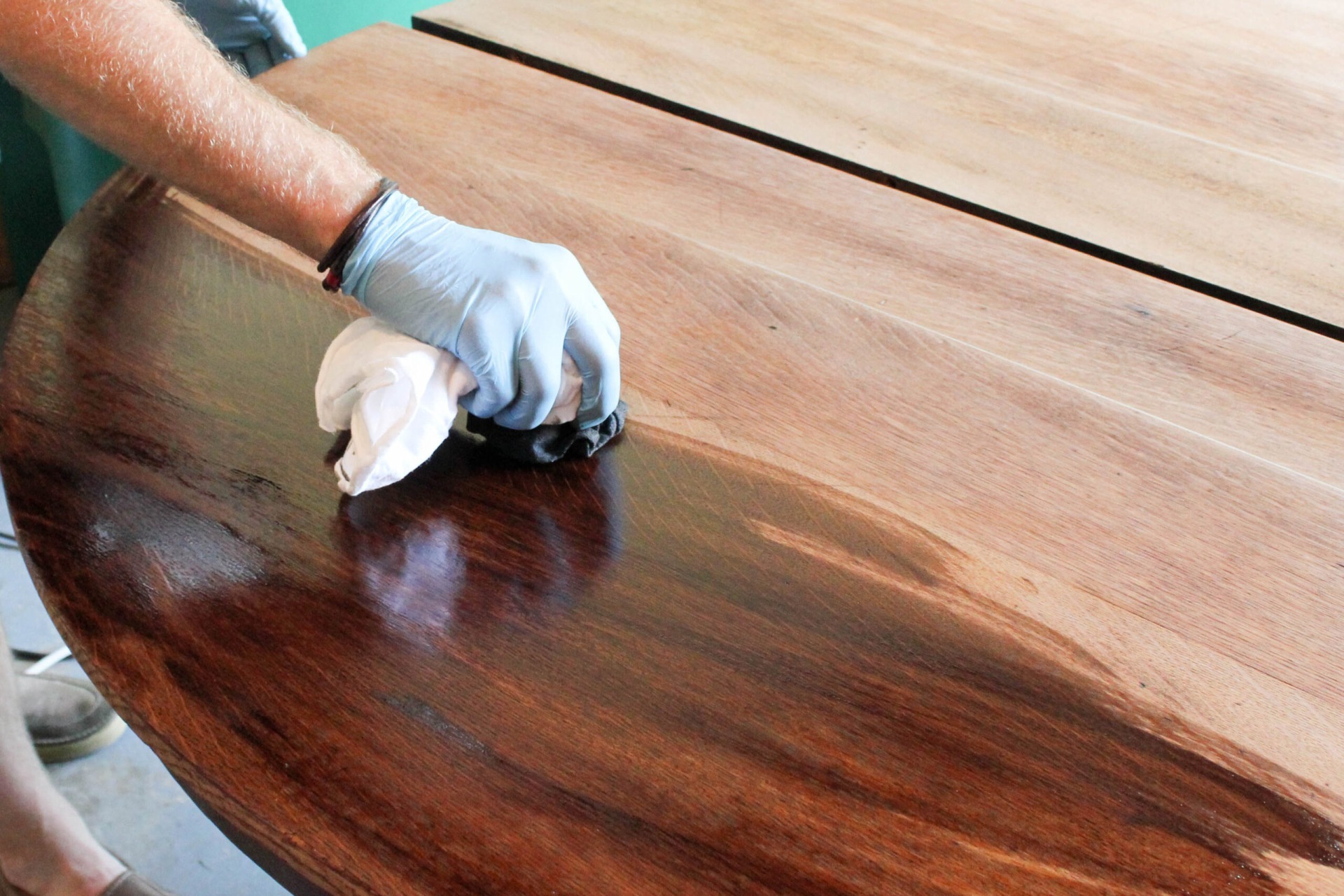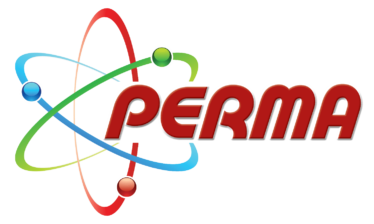Finding The Strongest Solution For Your Floor Project
Selecting the best concrete coating matters a lot. There are various options to consider. Each option serves a specific purpose. This article aims to guide you in making the right choice. Whether it's for your garage or patio, the coating you choose impacts durability and appearance. Epoxy, polyurethane, and acrylic are common coatings available. Epoxy provides a glossy finish and is great for heavy traffic areas. Polyurethane offers excellent resistance to chemicals and abrasion. Acrylic coatings are UV resistant and ideal for outdoor use. Understanding the differences helps in making an informed decision. Consider factors like usage, environment, and budget. By choosing wisely, you ensure your concrete surface stays protected and attractive for years to come. Making the right choice saves you time and money in the long run.
Types Of Concrete Coatings
Concrete Epoxy Coatings
Concrete epoxy coatings are tough layers used to protect surfaces like floors or walls. They're made from a mix of epoxy resin and a hardener, becoming strong and durable once applied. They're great for busy places and stick well to different materials. They can also look nice and have extra features like slip resistance.
Characteristics and Properties:
- Epoxy coatings consist of epoxy resin and a curing agent.
- They offer excellent adhesion, durability, and versatility.
- Fast curing times and resistance to chemicals and abrasion are key features.
Applications:
Widely used in flooring, infrastructure, marine, automotive, electronics, and decorative applications.
Strengths and Weaknesses:
Strengths:
- Exceptional durability and resistance to various substances.
- Versatile applications and fast curing times.
Weaknesses:
- Susceptible to UV degradation without proper additives.
- Requires surface preparation and may crack under extreme conditions.
Epoxy coatings are durable and versatile. They work for many industries. Their strengths are adhesion, durability, and resistance. But, they have weaknesses. These include UV sensitivity and application complexity.
Polyurea Coatings: The Powerhouse Alternative
Polyurea coatings
Polyurea coatings are fast-drying protective layers applied to surfaces like concrete or metal. They're tough, flexible, and resist scratches, chemicals, and sunlight. They're commonly used to protect floors, bridges, and truck beds. Rapid-curing, durable protective finishes formed from isocyanate and resin blend reactions.
Advantages over Epoxy
- Rapid Cure: Seconds to minutes curing time.
- Flexibility: Withstands substrate movement, no cracking.
- Chemical Resistance: Superior to epoxy against various chemicals.
- Seamless Application: Single-layer, seamless coats save time and costs.
Applications and Industries
- Protective Coatings: Corrosion protection for steel, concrete, pipelines.
- Waterproofing: Roofs, decks, containment areas.
- Flooring: Commercial, industrial, residential.
- Automotive: Truck bed liners, undercoatings.
- Infrastructure: Bridge decks, highway barriers.
Polyurea coatings cure fast. They are flexible and resist chemicals. They are applied seamlessly. This makes them ideal for many industries. They are better than epoxy coatings.

Exploring Polyaspartic Coatings
Polyaspartic coatings: advanced protective finishes known for rapid curing and durability. It is created from the reaction of aliphatic polyisocyanate with a polyaspartic ester. This creates a tough coating.
Comparing Polyaspartic Coatings:
- Rapid Cure: Similar to polyurea, polyaspartic coatings offer fast curing times.
- UV Stability: Outperform epoxy in UV resistance, maintaining color and gloss.
- Flexibility: Greater than epoxy, reducing risk of cracking.
Strengths and Limitations:
Strengths:
- Rapid Cure: Quick turnaround, reducing labor costs and downtime.
- UV Stability: Resistant to UV degradation, suitable for outdoor use.
- Chemical Resistance: Protects against various substances.
Limitations:
- Cost: More expensive upfront compared to epoxy.
- Application Complexity: Requires skilled applicators due to rapid curing.
- Pot Life: Short, requiring faster application.
Polyaspartic coatings cure fast and resist UV and chemicals. This makes them versatile for many uses. They are better than epoxy and polyurea coatings. Understanding their strengths and limits is crucial. It helps in selecting the best coating system for project needs.
Urethane Coatings: Durability and Protection
Urethane coatings, also called polyurethane coatings, are protective finishes. They are widely used in many industries for their great durability and versatility. These coatings are made by combining polyol and isocyanate. They react to form a tough film when applied to surfaces.
- Urethane coatings: tough, versatile protective finishes.
- Formulated from polyol and isocyanate components.
Strengths and Weaknesses:
Strengths:
- Durability: Exceptional resistance to abrasion, impact, and chemicals.
- Flexibility: Withstands substrate movement without cracking.
- UV Stability: Maintains color and gloss over time.
- Adhesion: Strong bond to various substrates.
Weaknesses:
- Application Complexity: Requires skilled applicators.
- Pot Life: Limited, requires efficient application.
- Cost: Higher upfront compared to some alternatives.
Common Applications:
- Flooring: Commercial, industrial, and residential.
- Automotive: Protection against scratches, chemicals, and UV.
- Marine: Corrosion protection for boats and marine structures.
- Infrastructure: Corrosion protection for bridges, highways.
- Decorative: Enhances aesthetics in various settings.
Urethane coatings offer tough protection in many industries. They have strengths, like durability, flexibility, and UV stability. But, these are balanced by the complexity of their application and their cost.
Polyurethane Coatings: Versatile and Resilient
Polyurethane coatings are special protective layers applied to surfaces like floors or walls. They're made from mixing different chemicals together. These coatings are really tough and can handle things like scratches, chemicals, and sunlight. They're great for places that get a lot of traffic or need extra protection. Plus, they can make surfaces look shiny and new. It is resilient protective finishes formed from polyols and isocyanates.
Advantages:
- Durability: Resistant to abrasion, chemicals, and UV exposure.
- Flexibility: Withstands substrate movement without cracking.
- Versatility: Available in various formulations for different applications.
- Aesthetic Appeal: Provides glossy finishes enhancing surface appearance.
Disadvantages:
- Application Complexity: Requires skilled applicators.
- Cost: Higher upfront compared to some alternatives.
- Pot Life: Limited, requires efficient application.
Specific Uses in Different Industries:
- Flooring: Commercial, industrial, and residential.
- Automotive: Protection against scratches, chemicals, and UV.
- Wood Finishes: Furniture, cabinets, flooring.
- Aerospace: Aircraft interiors and exteriors.
- Marine: Boats, decks, marine structures.
Polyurethane coatings offer versatile protection. They work across industries. They have durability, flexibility, and aesthetic appeal. But, their benefits come with downsides. These include application complexity and cost.
Factors To Consider When Choosing A Concrete Coating
A. Project Requirements and Specifications:
Assess the specific needs of the project, including surface type, traffic levels, and intended use.
Consider factors such as desired durability, chemical resistance, and aesthetics.
B. Environmental Considerations:
Evaluate the application area's environmental conditions. This includes the temperature, humidity, and exposure to UV radiation.
Choose a coating system. It should withstand environmental challenges. It should also offer long-term protection.
C. Budget Constraints and Long-Term Maintenance:
Decide the project's budget. It should include the cost of materials and labor. Also, consider potential maintenance needs. Balance upfront costs with long-term maintenance needs. Do this to ensure cost-effectiveness over the coating's lifespan.
Consider project needs, the environment, budget, and maintenance when choosing a concrete coating. Use this to pick the best coating for top performance and durability.
Importance Of Selecting The Right Concrete Coating For Optimal Results
Choosing the correct coating for concrete is vital. It helps protect surfaces from damage caused by weather and use. Proper coating ensures longevity and reduces maintenance costs. Different coatings offer various benefits, such as resistance to chemicals, abrasion, and UV rays. Before selecting a coating, consider factors like location, foot traffic, and desired appearance. Some coatings require special preparation, while others are easy to apply. It's essential to follow Coating manufacturers instructions for best results. Additionally, regular maintenance can extend the life of the coating. Picking the right coating can make concrete surfaces last longer and look better. Overall, taking time to pick the right coating ensures the best protection. It also brings long-term satisfaction.


